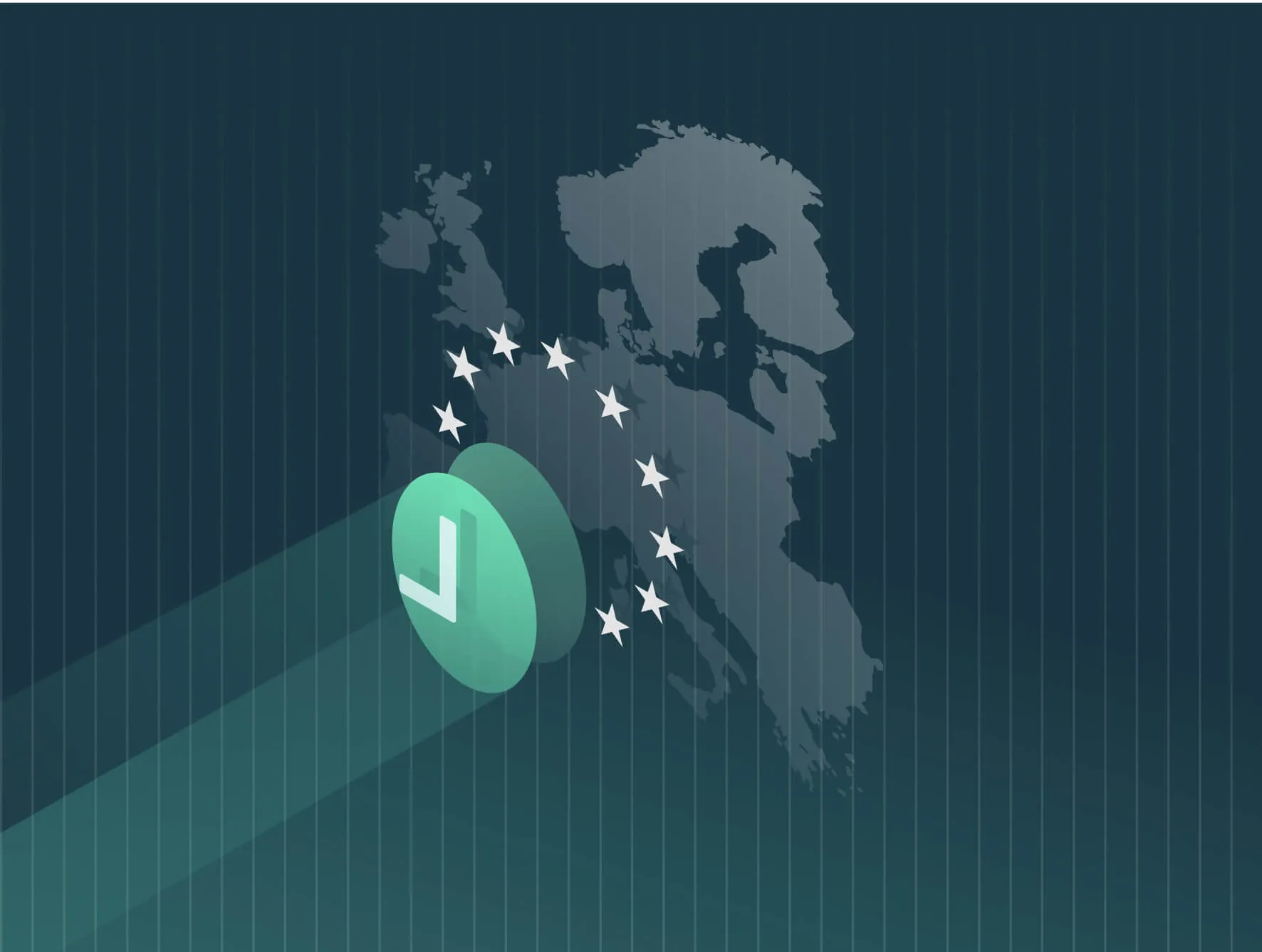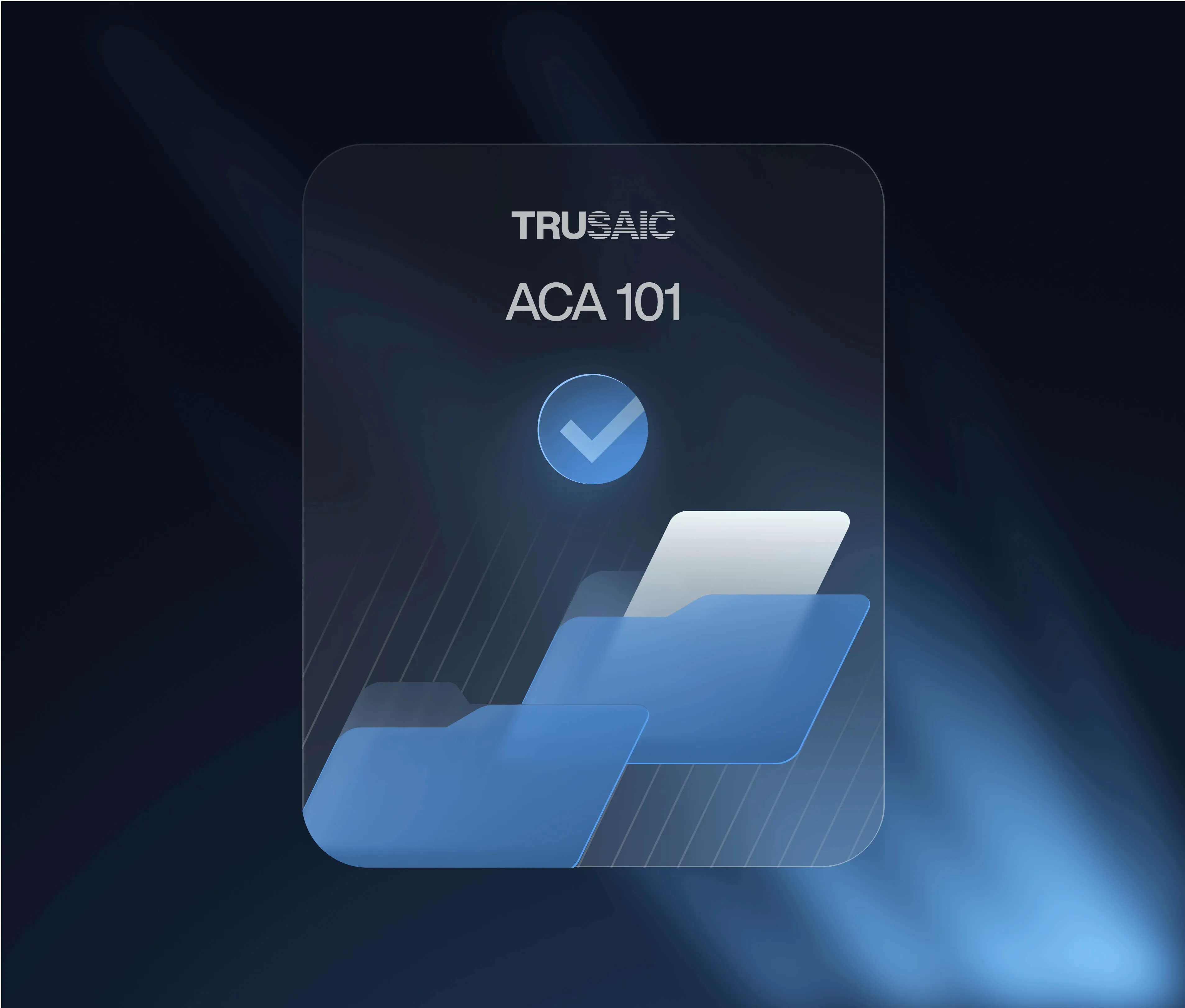The French Community of Belgium (also known as Fédération Wallonie-Bruxelles) is the first jurisdiction to transpose portions of the EU Pay Transparency Directive. The French Community of Belgium’s law will only apply to employers subject to this particular Belgian jurisdiction. However, it offers some guidance as to how the EU Directive will be adopted in Belgium at large.
Attend Our Oct. 17 Webinar Live or On-Demand
The law adopts and expands upon EU Directive’s pay transparency requirements, which requires distinct adaptations that employers will need to comply with.
French Community of Belgium Law Specifics
While the French Community did not adopt the EU Pay Transparency Directive in its whole (likely because it is waiting for the federal government of Belgium to transpose those laws) it expanded on the Directive in a few instances.
Covered employers must provide pay range information and provisions of the collective agreement, where applicable, as soon as job offers or job advertisements are published. Additionally, the law specifies that these must be put in a format accessible to people with disabilities.
Access Our EU Pay Transparency Directive Guide
As it relates to job titles, the law asserts that they must be non-discriminatorily worded, which is not specified under the EU Directive.
In addition to the minimum pay gap reporting requirements imposed by the Directive, covered employers will all need to report on the impact of the leave granted to male and female workers. This will require organizations to provide separate remuneration compensation details as it relates to any kind of family leave. This includes maternity, birth, adoption, parental, eldercare, etc.
A couple additional items to note:
- The new dew decree applies to any employer subject to the jurisdiction of The French Community of Belgium.
- The amendment also specifically highlights that discrimination includes intersectional discrimination.
- The Decree takes effect Jan. 1, 2025.
Initial Steps for Affected Belgian Employers
Organizations with operations in the French Community of Belgium now have the framework of what is required. Some initial steps to prepare for compliance include:
- Pay explainability. Prepare to explain how you differentiate and define performance in setting base salaries. Pay transparency legislation means workers must be given access to criteria used to define salary and pay raises.
- Analyze pay gaps. Identify the causes where pay disparities exceed 5%. If there is no objective justification, we recommend addressing any anomalies to remove those unexplained gaps.
- Intersectional pay equity audit. Intersectionality is essential to close the gender pay gap. It recognizes that individuals can experience discrimination and inequality based on the intersection of multiple identities, such as race, gender, disabilities, age, and more. Intersectional discrimination is defined in the EU Transparency Directive.
Trusaic is GDPR compliant and can assist any organization in any EU state in meeting its obligations under both the EU Corporate Sustainability Reporting Directive and the EU Pay Transparency Directive.









